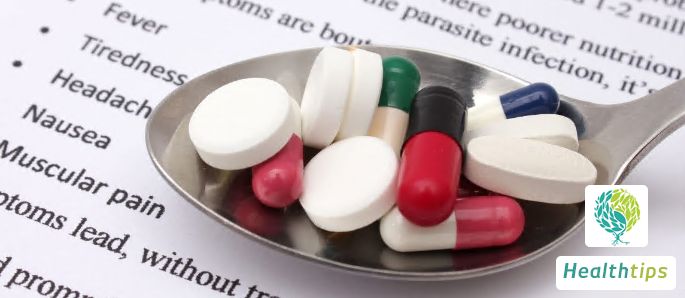How Can I Lower My High Low Blood Pressure Effectively?
Individuals with high low blood pressure should adhere to a low-salt and low-fat diet in their daily meals, and it is essential to maintain a bland diet. They should quit smoking and drinking, and maintain regular eating habits. They should eat three meals a day on a fixed schedule and quantity, aiming for about 80% fullness. Regular exercise is beneficial for digestion and absorption, and it promotes good metabolism. There are many other methods to improve high low blood pressure, and it is recommended that everyone learn more about them. How can high low blood pressure be managed to lower it? Let's take a look.

Patients with hypertension should pay attention to reducing salt intake, generally not exceeding six grams per day. This amount of salt intake includes not only cooking salt but also the sodium content in soy sauce, vinegar, and seasonings. The total amount should not exceed six grams in a day. Only a low-salt diet can reduce water and sodium retention in the body and help lower blood pressure.
Individuals should incorporate foods rich in potassium and calcium, such as potatoes, seaweed, lettuce, milk, shrimp shells, eggplants, and bananas, into their regular meals. This can also help lower blood pressure. However, it is important to limit the consumption of meat broth, as it contains high levels of purine, which can increase the burden on the heart, liver, and kidneys, leading to elevated blood pressure.
Patients with hypertension may experience irritability, anger, and emotional instability, which can lead to increased blood pressure. Therefore, it is important to cultivate good adaptability to the external environment, avoid excessive stress, and maintain a peaceful mindset. This can also help stabilize blood pressure.
In addition to adhering to a low-salt and low-fat diet, individuals with high low blood pressure should quit smoking, limit alcohol consumption, and maintain regular eating habits. They should eat three meals a day on a fixed schedule and quantity, aiming for about 80% fullness. Regular and moderate exercise is also essential, avoiding intense physical activities. Mild exercises such as jogging, walking, tai chi, and swimming can help normalize blood pressure.
If high low blood pressure persists despite lifestyle modifications, individuals may need to consider taking medication to control their blood pressure. Medications such as calcium channel blockers, like amlodipine, can be prescribed by a doctor to help manage the condition.



















